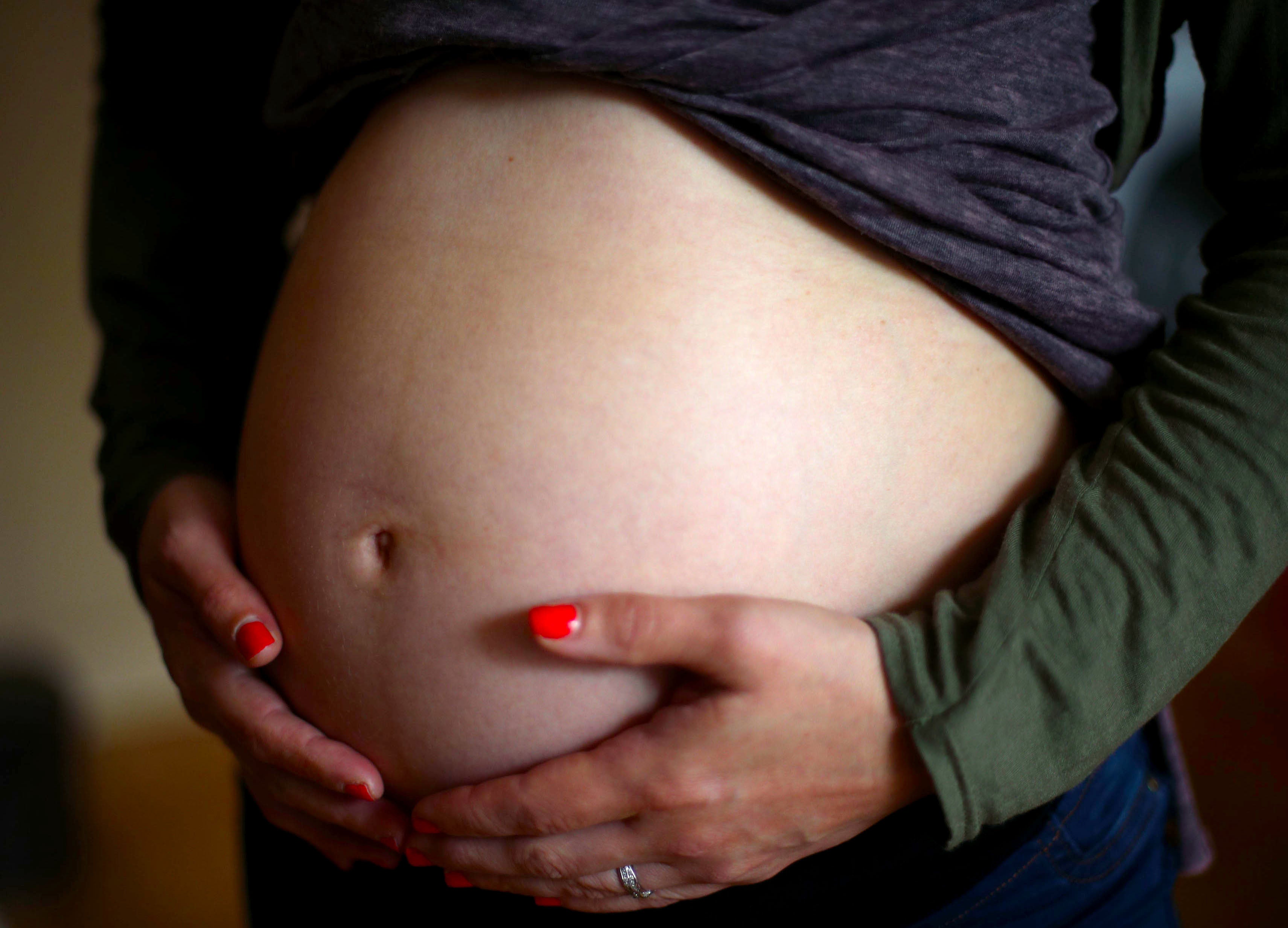One in five IVF patients suffered delays due to Covid, study shows
Delaying treatment for fertility care can lead to difficulties in conception.

One in five fertility patients had their treatment delayed last year as a result of Covid-19, a poll suggests.
A survey of more than 1,200 people receiving fertility care in the UK found that 22% experienced delays in 2021 due to the ongoing impacts of the pandemic.
NHS patients were more likely to experience delays, according to the Human Fertilisation and Embryology Authority (HFEA) 2021 patient survey.
Delays in referral or treatments for gynaecological conditions may delay fertility treatment and as success of having a baby after treatment declines with age.
Just 18% of private patients experienced delays compared to 32% of NHS patients.
Delays in fertility care can lead to couples having even more difficulty in conceiving.
HFEA chairwoman Julia Chain said: “The journey to parenthood is sadly not always an easy one and we know treatment delays caused by Covid-19 have for many, compounded this further.
“Delays in referral or treatments for gynaecological conditions may delay fertility treatment and as success of having a baby after treatment declines with age, healthcare professionals must be mindful of the emotional impact this may have for patients, particularly for women over the age of 35.”
The survey also examined patients’ overall experience of fertility care.
Seven in 10 (72%) patients said they were satisfied with their latest experience of fertility treatment, down slightly from 75% in 2018.
And 65% of patients had used a treatment “add-on”.
Since 2017, the HFEA has worked to reduce the use of these so-called add-ons in treatment, since most remain “unproven at increasing the chance of having a live birth” for most fertility patients, the authority said.
Acupuncture was the most common add-on, used by a third (33%) of patients – up from 23% in 2018.
Ms Chain added: “As the UK’s fertility regulator, we want every patient accessing fertility services to receive high-quality care, and although 72% are satisfied, it’s disappointing that nearly 30% of patients who took part in this survey, are not.
“There have been some very welcome improvements since our last survey in 2018, particularly around the clarity of information provided to patients.
“Our 2021 survey has also emphasised the progress made in reducing multiple births; the biggest single health risk from IVF treatment.
“Those at higher risk – aged 40-42, along with black, Asian, mixed and other ethnicity respondents – were more likely to report that they had their individual risk discussed; a move that will further reduce associated complications such as late miscarriage, pre-eclampsia and stillbirth.”
Around 53,000 patients a year in the UK access fertility services.
Bookmark popover
Removed from bookmarks